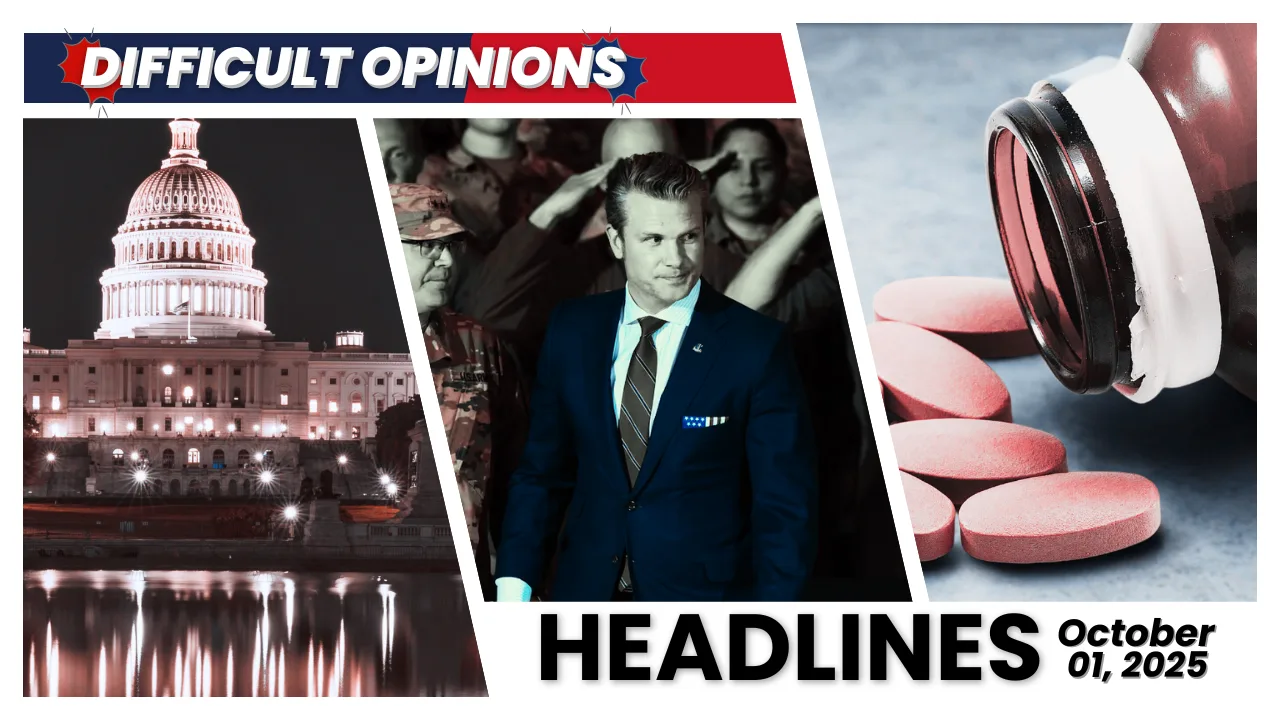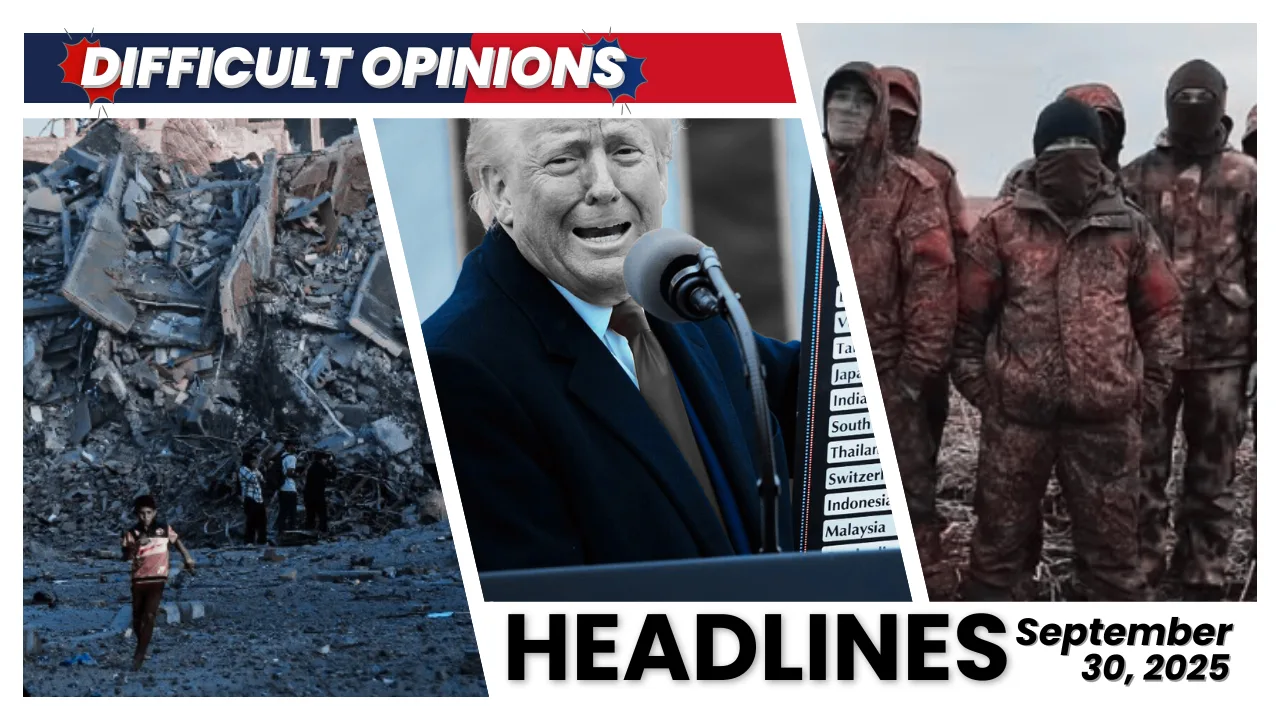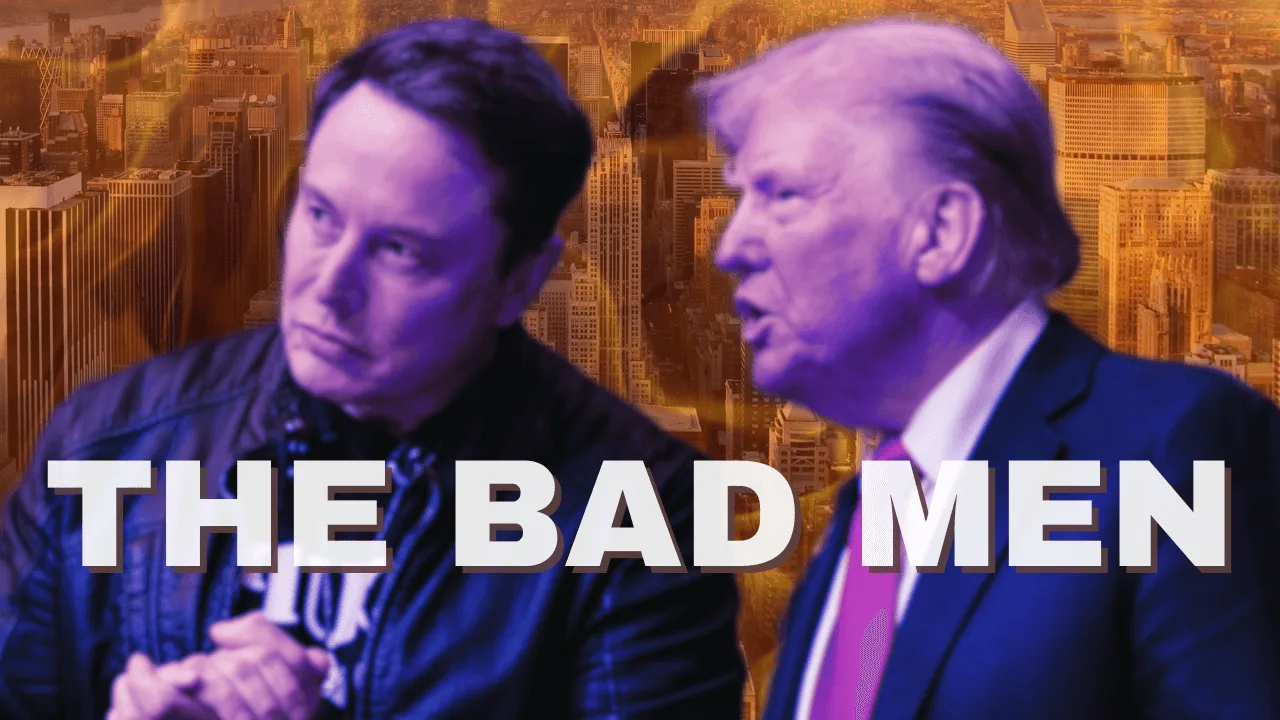Germany’s political landscape has been thrown into disarray following the collapse of its three-party coalition, known as the “traffic light” alliance. This coalition, which included the Social Democrats (SPD), the Greens, and the Free Democrats (FDP), has crumbled after three years due to a contentious budget dispute. Chancellor Olaf Scholz’s decision to sack Finance Minister Christian Lindner over disagreements on handling a multibillion-euro budget shortfall was the final straw that led to this political upheaval.
The dissolution of the coalition has plunged Germany into uncertainty, with federal elections now likely to be held earlier than scheduled. Chancellor Scholz has tabled a vote of confidence, which the government is expected to lose, paving the way for new elections. The opposition CDU/CSU is currently leading in the polls, positioning them as potential front-runners in the upcoming election.
The 2025 budget remains uncertain, and there is speculation about the need for an emergency budget in January. This financial instability adds another layer of complexity to Germany’s current political crisis.
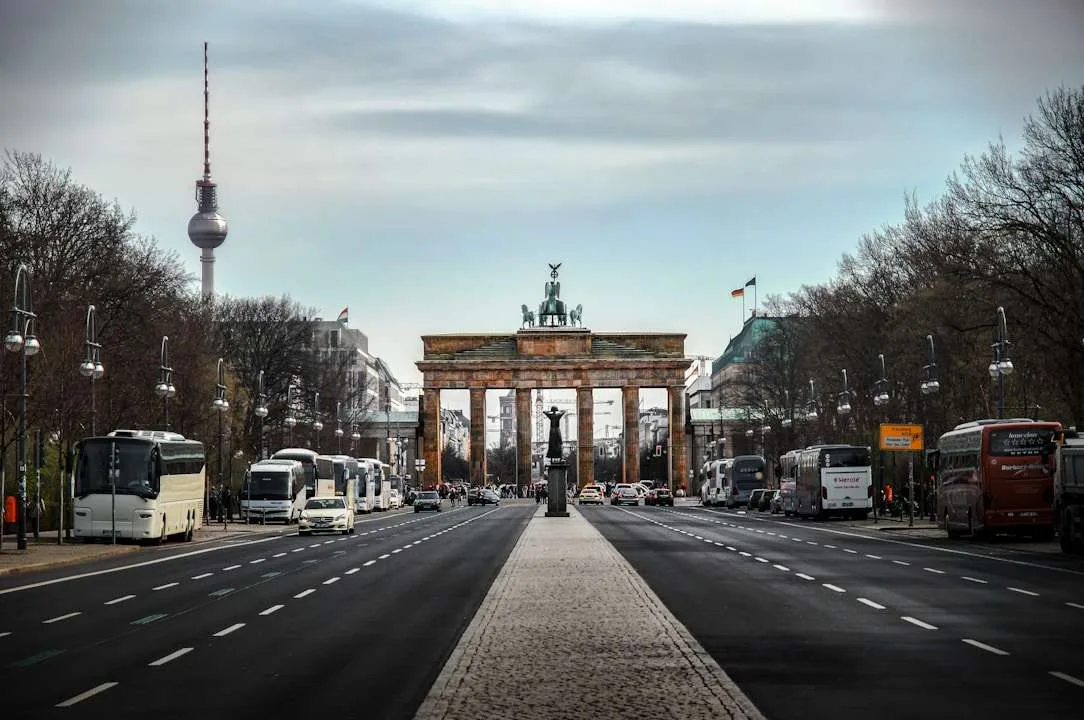
Following the loss of the confidence vote, Germany will be governed by a caretaker administration until elections can be held in February. This transition comes at a critical time for Europe, with escalating tensions in Ukraine and a US presidential transition underway. The German economy has stagnated, and parties are gearing up to campaign on key issues such as economic revival, military rebuilding, and addressing social divides.
Seven parties are set to contest the election, with the conservative Christian Democrats likely to finish first. The election will be dominated by pressing issues including the war in Ukraine, economic challenges, immigration policies, and national defense strategies.
Chancellor Scholz’s government teeters on the brink of collapse after losing support from coalition partners like the Free Democrats. As Scholz faces an impending vote of confidence defeat, a new parliamentary election is anticipated in February. The center-right Christian Democrats, led by Friedrich Merz, are poised to capitalize on this political vacuum and have already shifted into campaign mode.
However, another significant player in this political drama is the far-right Alternative for Germany (AfD) party. The AfD is expected to gain considerable ground in the upcoming election, potentially reshaping Germany’s political landscape with their growing influence.
Germany’s governmental collapse is part of a broader crisis affecting European leadership. In France, President Emmanuel Macron has recently appointed his fourth prime minister within a year, highlighting similar instability. Beyond Europe, Canadian Prime Minister Justin Trudeau faces calls to step down amid dissatisfaction with his leadership, while recent US election results reflect voter unhappiness with the status quo.
Experts suggest that these crises share a common thread: a growing sense of disconnection between leaders and their constituents. This disconnect fuels political volatility and challenges traditional governance structures across Western democracies.
As Germany prepares for snap elections in February, it faces not only internal challenges but also external pressures from global geopolitical shifts. The upcoming election will serve as a litmus test for Germany’s ability to navigate these turbulent times and redefine its role within Europe and beyond.
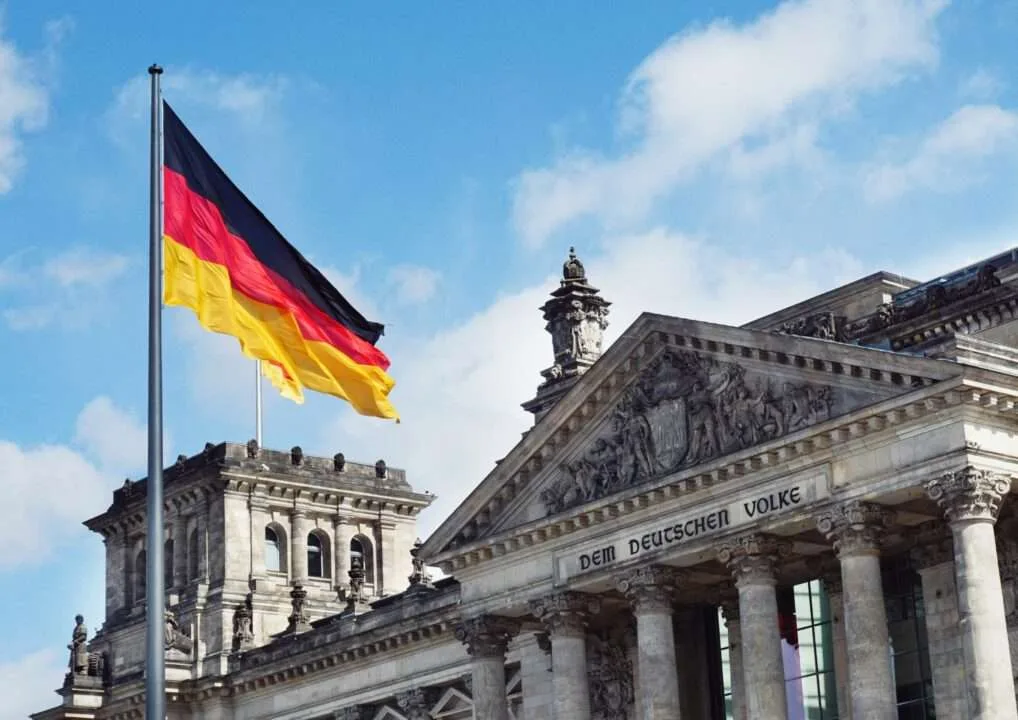
The political campaigns will likely focus on restoring economic stability, enhancing national security measures, and bridging social divides. Additionally, addressing environmental concerns and sustainable development will remain crucial topics for debate among competing parties.
Germany stands at a crossroads as it grapples with political instability and economic stagnation. The collapse of the traffic light coalition marks a significant turning point that could reshape Germany’s future trajectory. As parties prepare for elections amidst a backdrop of European uncertainty and global challenges, voters will play a pivotal role in determining Germany’s path forward.
In these uncertain times, effective leadership and clear communication between politicians and citizens will be essential to restore trust and foster unity. As Germany navigates this period of transition, it must balance domestic priorities with international responsibilities to maintain its standing as a leading global power.
The outcome of the upcoming elections will not only impact Germany but also reverberate across Europe and beyond, influencing regional dynamics and shaping future alliances. As such, all eyes will be on Germany as it embarks on this critical journey toward renewal and reinvention.
